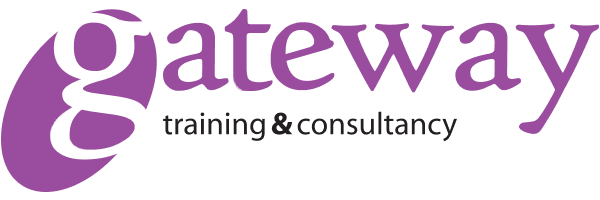Course Content
Introduction to Positive Behaviour Support
Understanding Positive Behaviour Support (PBS)
- Overview of PBS:
- Definition and principles of PBS.
- Why use PBS?
- When and for whom might PBS assessment and intervention plans be needed?
- How is PBS implemented
- Core Values of PBS:
- Emphasis on respect, dignity, and child-centred approaches.
- The importance of creating a supportive environment.
Assessing Behaviour and Understanding Triggers
Child Development and Behaviour
- Factors Influencing Behaviour:
- Environmental, social, emotional, and biological factors.
- Recognising Normal vs. Challenging Behaviour
- Identifying behaviour that may require intervention.
- Considerations for the team
- Team working
- Creating a therapeutic environment
Functional Behaviour Assessment (FBA)
- Introduction to FBA:
- Purpose and process of conducting an FBA.
- Identifying the function of behaviour (requiring attention, escape, sensory, etc.).
- Collecting Data:
- Techniques for observing and recording behaviour.
- Using ABC charts (Antecedent-Behaviour-Consequence).
- Functional behaviour assessment
- Mistaken and alternative interpretations of behaviour
Identifying Triggers and Setting Events
- Understanding Triggers:
- External and internal triggers of challenging behaviour.
- The role of environment and routine.
Developing and Implementing PBS Plans
Designing Positive Behaviour Support Plans
- Components of a PBS Plan:
- What is a PBS plan
- Goal setting and prioritisation.
- Proactive strategies: modifying environments and teaching new skills.
- Reactive strategies: safely responding to challenging behaviour.
- Creating Individualised Plans:
- Tailoring PBS plans to the needs of individual children.
- Involving children and families in the planning process.
- Ethical Considerations:
- Respect for the child’s autonomy and dignity.
- Balancing safety and positive outcomes.
Implementation Strategies
PBS Interventions
- Visual Supports
- Social Stories
- Active support
- Role of Staff in PBS:
- Effective communication and teamwork.
- Consistency in applying PBS strategies.
- Implementing the Plan
- Consistency
- Regular evaluations and revisions.
- Monitoring and Adjusting Plans:
- Regular review and updates to PBS plans based on progress.
- Involving multidisciplinary teams in the review process.
Evaluating and Sustaining Positive Behaviour
Measuring Outcomes and Effectiveness
- Feedback and Reflection:
- Using feedback from children, staff, and families.
- Reflecting on the effectiveness of PBS strategies.
- Adjusting Interventions:
- When and how to modify PBS plans for better results.
Crisis Management
- Devising and implementing the most appropriate strategy
Certification:
- Participants will receive a CPD certificate of completion upon successfully meeting course requirements.
This course outline provides a comprehensive structure for delivering a thorough understanding of Positive Behaviour Support in a children's unit, equipping participants with the knowledge and tools needed to create positive, supportive environments for children.

